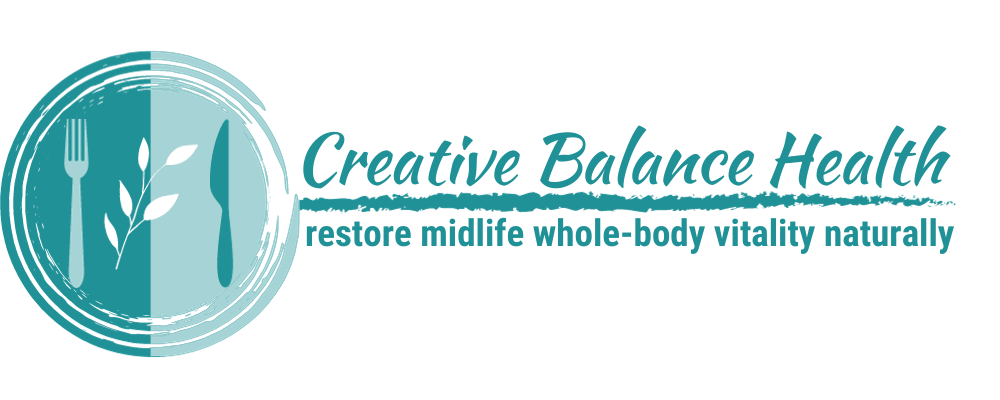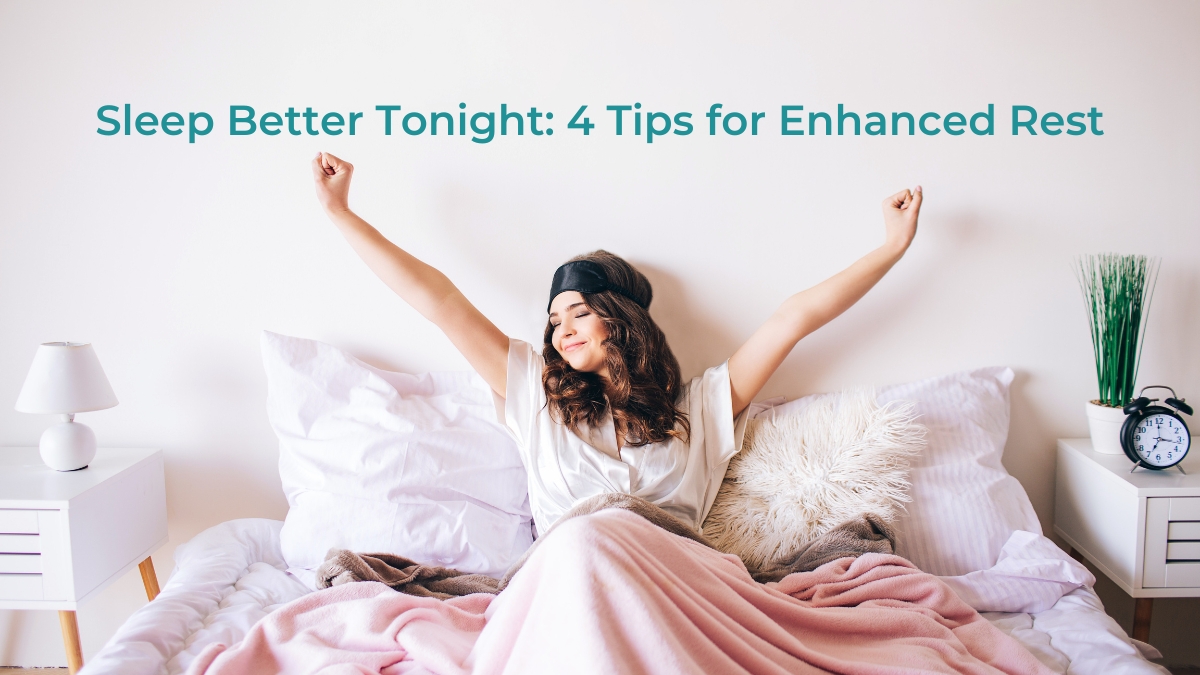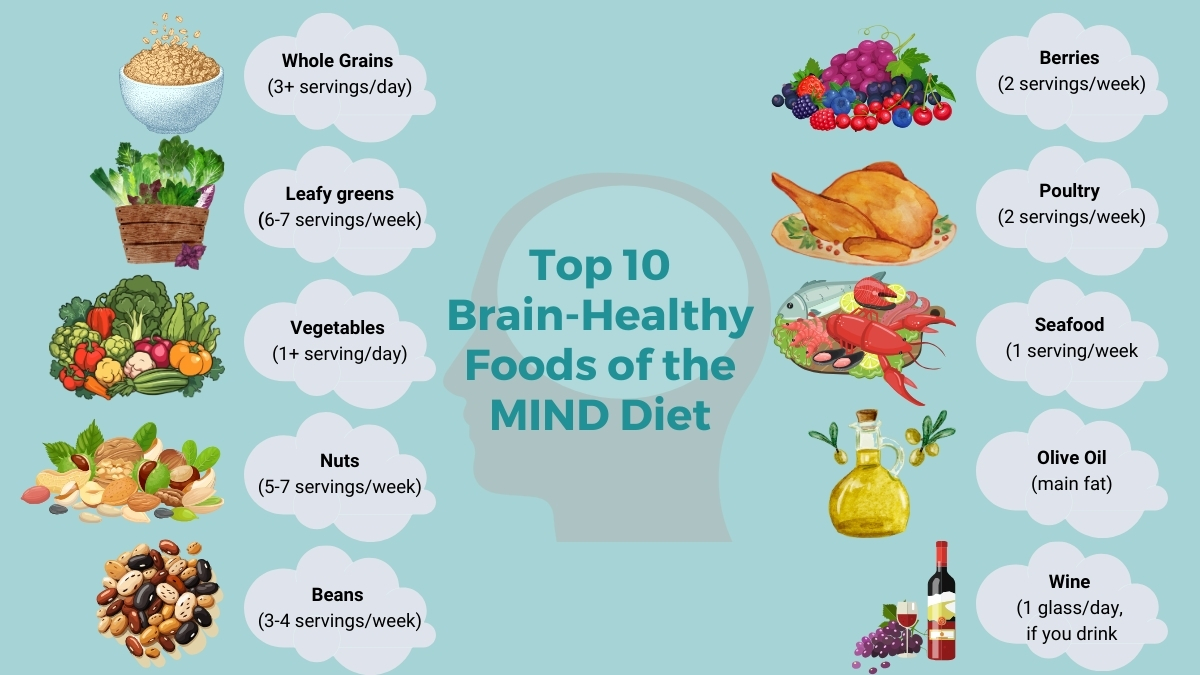Unlock the secrets to revitalizing sleep and see how it can transform your physical and mental performance.
As women journey through midlife, it’s common to notice a decline in energy and focus. Perhaps the recent time change even offered a glimpse into the value of just one more hour of sleep?
Thankfully, the era of glorifying non-stop work is fading, making way for a renewed appreciation of quality sleep’s role in achieving peak productivity and a fulfilling life. Leveraging precise lab tests and resources, I’ve dedicated myself to identifying and addressing the underlying causes of sleep disturbances, aiming to restore your vitality and zest for life.
You’re likely aware of the importance of sleep, but did you know that sleep is therapeutic? Proper rest is as important to our health as eating, drinking, and breathing1. Just like nutrition and hydration, rest plays a crucial role in our wellbeing, especially after age 50.
This article is your guide to four transformative sleep tips. Let’s start by exploring the therapeutic powers of sleep.
What Makes Sleep Therapeutic
When you sleep, your body undergoes a series of changes that enable the rest that is vital to your overall health.
Sleep allows the brain and body to slow down and engage in processes of recovery, promoting better physical and mental performance the next day and over the long term2.
Click Here for 5 Reasons Your Health Needs Enough Sleep and a Quick Tip for Insomnia
When You Don’t Get Enough Sleep
When you don’t get enough (or proper) sleep these fundamental processes are short-circuited, affecting thinking, concentration, energy levels, and mood. As a result, getting the sleep you need — seven to nine hours for adults and even more for children and teens — is crucial3.
While each person will differ in the exact amount of sleep needed for replenishment, eight hours being average, it is crucial to get a sufficient amount and adequate quality of sleep on a regular schedule. Sleep heals the body, clears the mind, and restores the soul4.
Now that you understand how vital sleep is for overall health and well-being, let’s explore the four tips to improve your ability to rest, repair, and restore.
Tip #1 Limit caffeine.
If you’re struggling to sleep, removing caffeine entirely from your diet may be the “hack” needed to allow your body to relax and settle into slumber. For others who enjoy caffeine without feeling jittery or “off”, simply limit caffeine to mornings or avoid anything caffeinated after 3 pm (including coffee, green and black tea, soda, energy drinks, and chocolate).
Tip #2 Avoid blue light 1 hour before bed.
Don’t shoot the messenger, but tip number two for improving sleep is to avoid all electronic screens 1 hour before bedtime (think TV, computer, tablet, and phone). Here’s why: blue-wavelength light stimulates sensors in your eyes to send signals to your brain’s internal clock which inhibits the production of melatonin. Essentially the blue light from your electronic screens is making your body think it’s wake time, not sleep time. Thus, avoiding all screens at least 1 hour before bedtime will help your body fall into a deeper sleep, faster.
Tip #3 Take a calcium and magnesium supplement before you hit the pillow.
From a nutritional perspective, the minerals calcium and magnesium can help you both fall asleep and stay asleep throughout the night. James F. Balch, MD and author of Prescription for Nutritional Healing, writes, “A lack of the nutrients calcium and magnesium will cause you to wake up after a few hours and not be able to return to sleep.” And there’s been an array of studies that explain why. In one such study, published by the Journal of Sleep Research5, researchers found that insufficient calcium is related not only to trouble falling asleep but also to trouble getting truly restful sleep.
Meanwhile, low magnesium has been clearly correlated with insomnia, poor sleep quality, and even depression and anxiety. Magnesium helps both your body and your brain to relax, preparing you for a good night’s rest. As a note, calcium and magnesium are best taken together, as a balanced ratio is important to overall health.
Tip #4 Set your bedroom up for sleep.
This category includes both quick fixes and longer-term investments. Quick fixes that will set your bedroom up for therapeutic sleep include diffusing lavender essential oil (or even dabbing the oil lightly on your pillow), ensuring your bedroom is clean and clutter-free and getting fresh air when the weather permits. Additionally, turning your cell phone on airplane mode, or removing your phone entirely from the bedroom, will protect your brain and body from EMFs that may hinder deep, therapeutic sleep.
Lastly, some longer-term investments include purchasing high-quality, non-toxic bedding like a mattress, pillows, sheets, blankets, and so on. For obvious reasons, you should be comfortable for your nightly slumber, but also, avoiding the toxic off-gassing of chemicals in conventional bedding is incredibly important.
For even more tips, check out “18 Sleep Improvement Strategies for Better Rest.”
In our fast-paced world, where stress often takes the lead, nurturing deep, restorative sleep is key to our body’s ability to heal and thrive. Prioritize your health with at least 8 hours of sleep each night. For parents juggling multiple responsibilities, even short naps or moments of rest can be a game-changer. Remember, it’s also essential to support your body in other nurturing ways that resonate with you.
Gone are the days when endless work hours were a badge of honor. Today, embracing quality sleep is recognized as a cornerstone of productivity and a fulfilling life. Ready to tackle sleep challenges head-on and rekindle your vitality? Let’s dive deep into the causes of your sleep issues together.
Schedule your complimentary Health Discovery Session with me now, and let’s set the stage for a life filled with energy and engagement.
SOURCES
1. “Sleep Matters: The Impact of Sleep On Health And Wellbeing.” Mental Health Foundation, 11 Feb. 2020, www.mentalhealth.org.uk/publications/sleep-report.
2. “What Happens When You Sleep: The Science of Sleep.” Sleep Foundation, 30 Oct. 2020, www.sleepfoundation.org/how-sleep-works/what-happens-when-you-sleep.
3. Id.
4. “The Therapeutic Power of Sleep.” Psychology Today, Sussex Publishers, www.psychologytoday.com/us/blog/evil-deeds/200811/the-therapeutic-power-sleep. 5. “Sleep Symptoms Associated with Intake of Specific Dietary Nutrients.” Journal of Sleep Research, 2 Sep 2013, https://www.ncbi.nlm.nih.gov/pmc/articles/PMC3866235/







